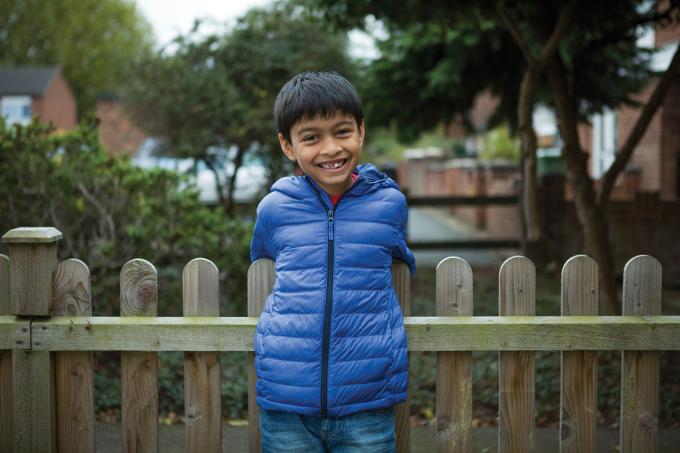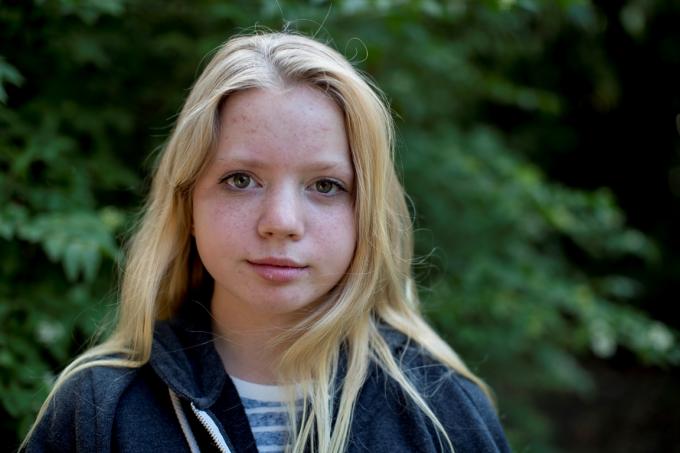Remand placements are a specialist type of fostering. Foster carers provide short-term care for young people while they await court dates for an offence they are alleged to have committed. This is an alternative to a young person living in custodial care before appearing in court.
What is the role of a foster carer during a remand placement?
During a remand placement, their foster carer's role is to:
- supervise and care for the young person in their home
- support the young person to develop skills in communication, conflict resolution, relationships, and day-to-day life skills
- keep records, evidence the young person's progress, and report any safeguarding concerns to the young person's Social Worker and their own Barnardo's Supervising Social Worker
- respect the young person's specific ethnic and cultural needs
- work closely with other professionals
- accompany the young person to and from court appearances
- attend foster carer training
Why do we need remand foster carers?
For many young people who sadly find their way into the criminal justice system, remand fostering provides them with a safe and nurturing environment. Being placed in custody can be damaging, especially for vulnerable young people. It is believed these types of placements decrease the cycle of imprisonment and re-offending.
Research has found that the benefits of remand fostering might continue even once the placement had ended. Young people who experienced this type of placements have expressed appreciation for the care and the chance to "sort themselves out". Some reported an increase in feelings of self-worth and confidence, which could encourage changes in behaviour and social inclusion (Department for Education, 2017).
On average, how long do remand foster placements last?
The length of this placement can vary between a few weeks to a few months. In some cases, there may be a need for a young person to only be in placement for a few nights.
Who can offer remand placements?
Like our young people, remand foster carers come from different backgrounds with different life experiences.
To be a remand foster carer you will need to be understanding, non-judgemental and compassionate towards the young people in your care. Foster carers also need to be flexible enough to accommodate a young person at short notice.
At Barnardo's we don't require any formal experience. We will provide you with the necessary training which covers a range of issues related to the supervision and care of young people involved in the criminal justice system.
You may be particularly suited to remand fostering if:
- you have previous experience fostering
- you have experience working with young people of a similar background (prison officers, police officers, counsellors, teachers, youth workers etc)
- you have a passion about support a young person's life and being a positive role model
What training and support would I receive?
In addition to the basic training our foster carers complete, our remand foster carers should also receive specific training and guidance relating to the care of young people involved in the criminal justice system.
Find out more about the training and support Barnardo's offers foster carers
As with any specialist placement, remand foster carers do receive a higher allowance. This allowance recognises the complexities of the placement and the additional skills needed.
Find out more about the financial support available to foster carers.
Why should you consider remand fostering?
Remand fostering can enable you to make a really valuable contribution to your local community. By offering a supportive environment you can exert a positive influence on young people to support them to lead reformed and productive lives.
Remand fostering can be challenging; however, you won't be alone. Barnardo's will be by your side, supporting you 24/7.
For anyone interested in empowering young people to improve their futures, remand fostering can be an incredibly rewarding journey.

Types of foster care
We offer different types of fostering to ensure we can support and meet each child and young person’s individual needs.

Fostering FAQs
Potential foster carers often have a number of questions about who can foster and what to expect, so we've busted some myths about the requirements of fostering with us.

Become a foster carer
Ready to begin your journey to becoming a foster carer? Complete our online form or find details about alternative contact methods here.

